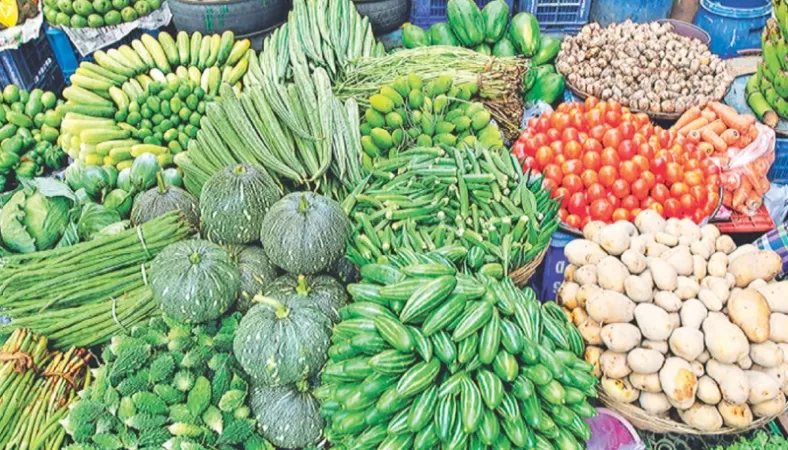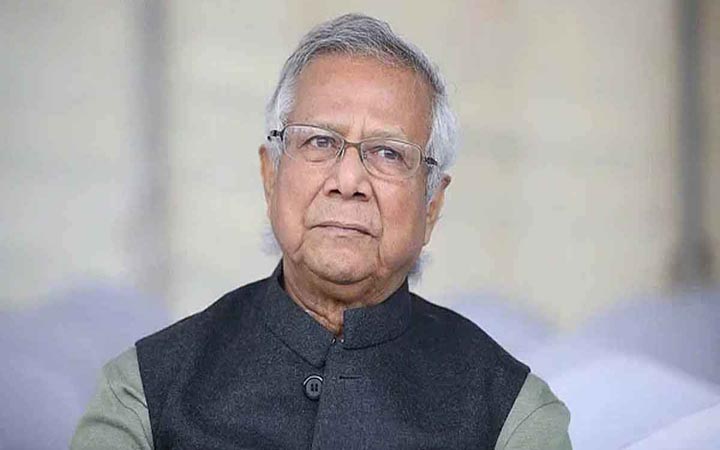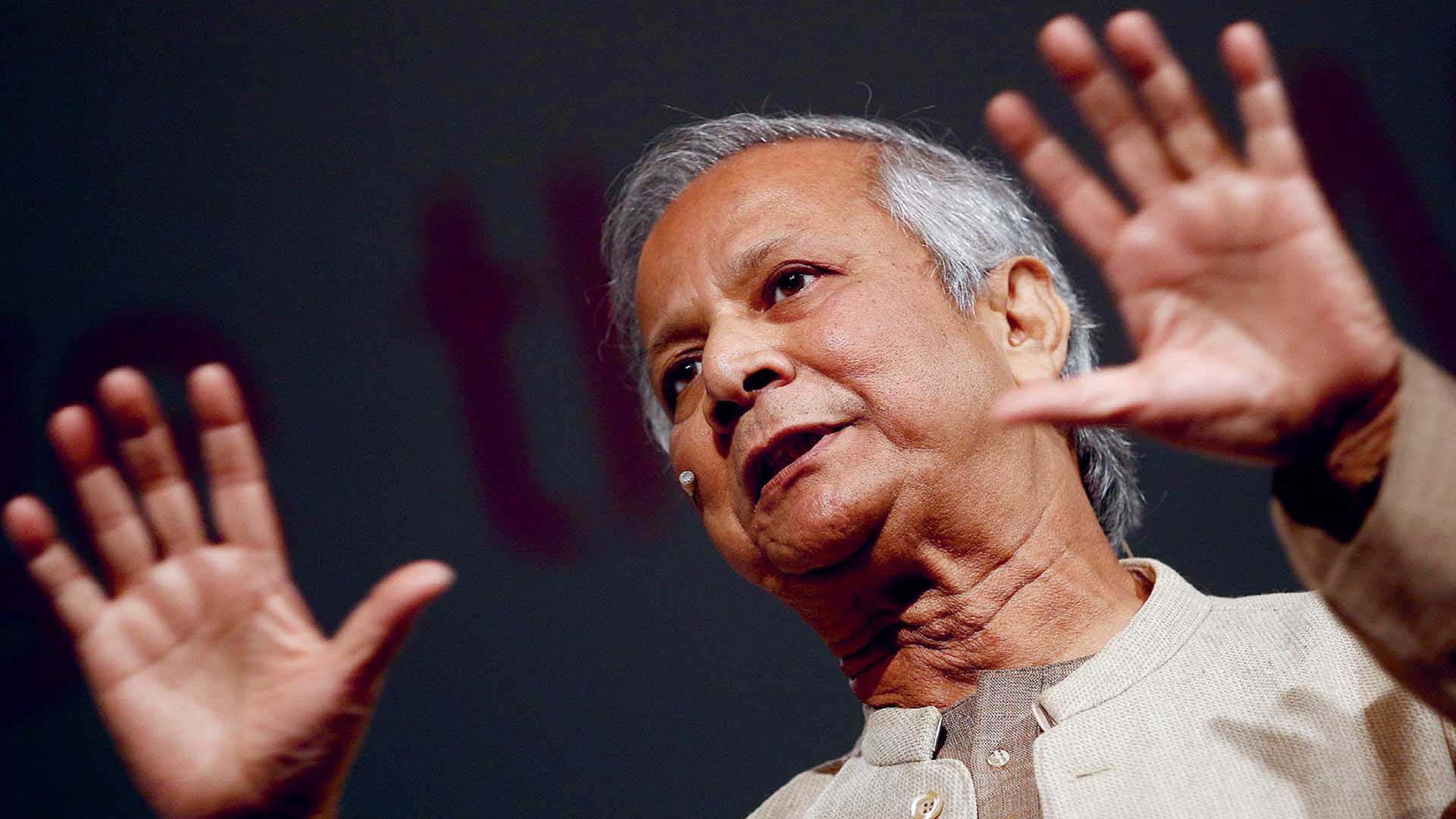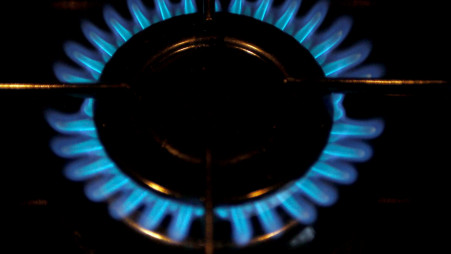Despite the country’s overall exports increasing by 34.38 per cent, the export of vegetables from Bangladesh decreased by 15 per cent in FY22.
During that period, exporters have reported three major issues with vegetable exports: the only vegetable quality checking scanner at Hazrat Shahjalal International Airport being inoperative for 14 days in March; additional freight charges of Tk 50–60 per kg; and a lack of cargo space.
Despite the impact of Covid, the country exported vegetables worth $118.7 million in FY2020-21, according to the most recent data from the Export Promotion Bureau (EPB).
However, vegetable export earnings decreased by $18.8 million, or 15 per cent, to $99.9 million in 2021-22, despite Covid’s impact being less severe.
According to the Bureau of Statistics, Bangladesh exports 30 to 35 types of vegetables to 35 countries across Europe, North America, Asia, and the Middle East.
Bangladeshi exporters face the most competition from Indian and Pakistani exporters as the cost of exporting vegetables from Bangladesh is comparatively high, according to the Bangladesh
Fruits, Vegetables and Allied Products Exporters’ Association, an organisation of vegetable exporters.
Meanwhile, last year it cost an additional Tk 50-60 per kg in freight charges to send vegetables to different destinations.
On top of that, the only vegetable quality checking scanner at Hazrat Shahjalal International Airport became inoperative for 14 days in March.
Besides, there was a cargo space crisis for vegetable exports last year.
Despite a high level of overall production and demand, vegetable exporters were unable to deliver goods on time.
Vegetable exports have fallen short of the target by about 17 per cent, compared to the EPB’s $120 million export goal for FY 2021–22.
When contacted, SM Jahangir Hossain, president of the Bangladesh Fruits, Vegetables and Allied Products Exporters’ Association, said there were two scanners at the airport, one of which has remained inoperative for a long time, and the remaining was seen to be malfunctioning frequently.
“Vegetables that are more expensive for farmers to produce are typically the only ones we export. They don’t sell these vegetables of import quality in the domestic market. So, if we don’t export, they suffer losses along with us,” he said.
“However, exports of cauliflower, cabbage, and broccoli have increased, with these vegetables earning $3.17 million last year, compared to $1.86 million the year before,” he added.













